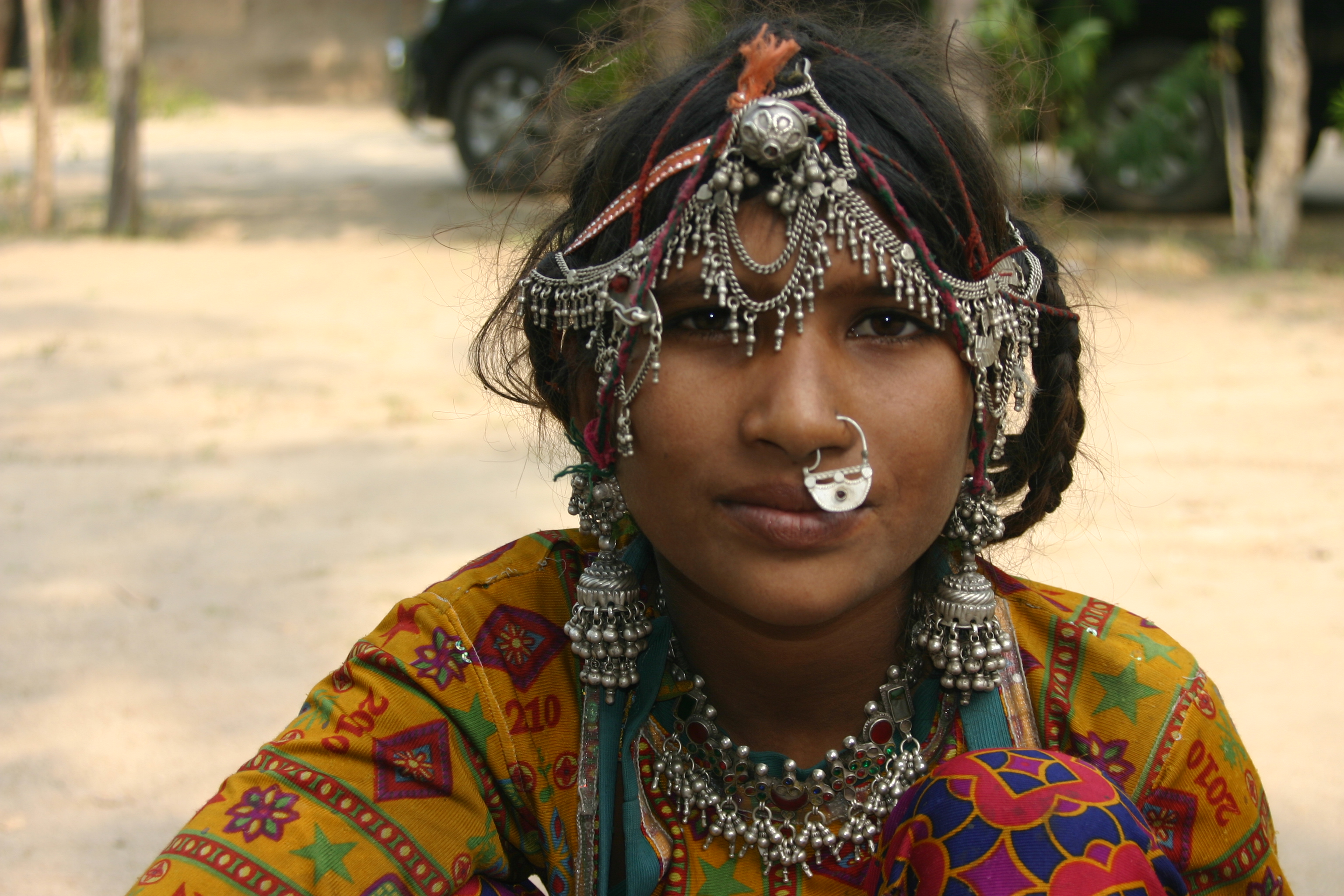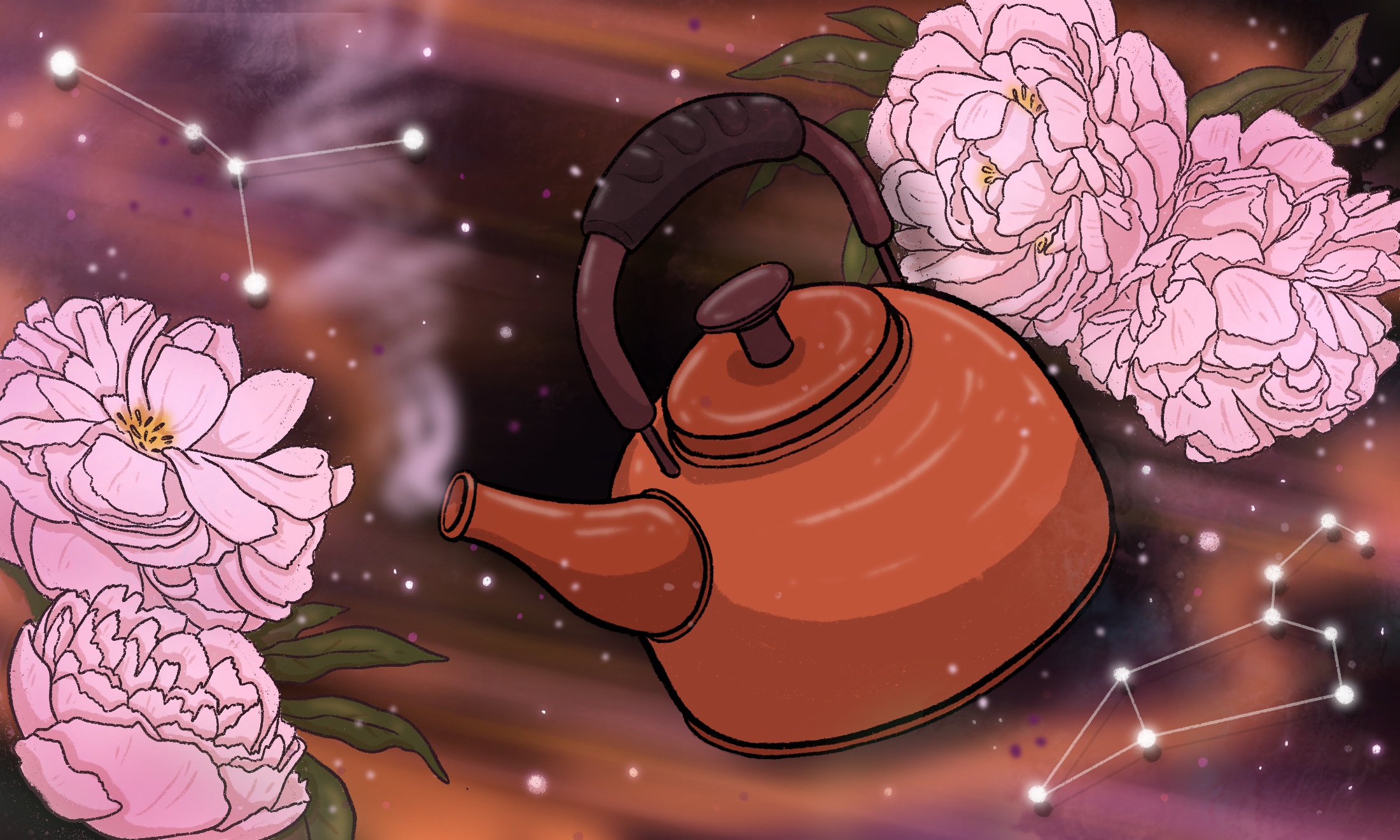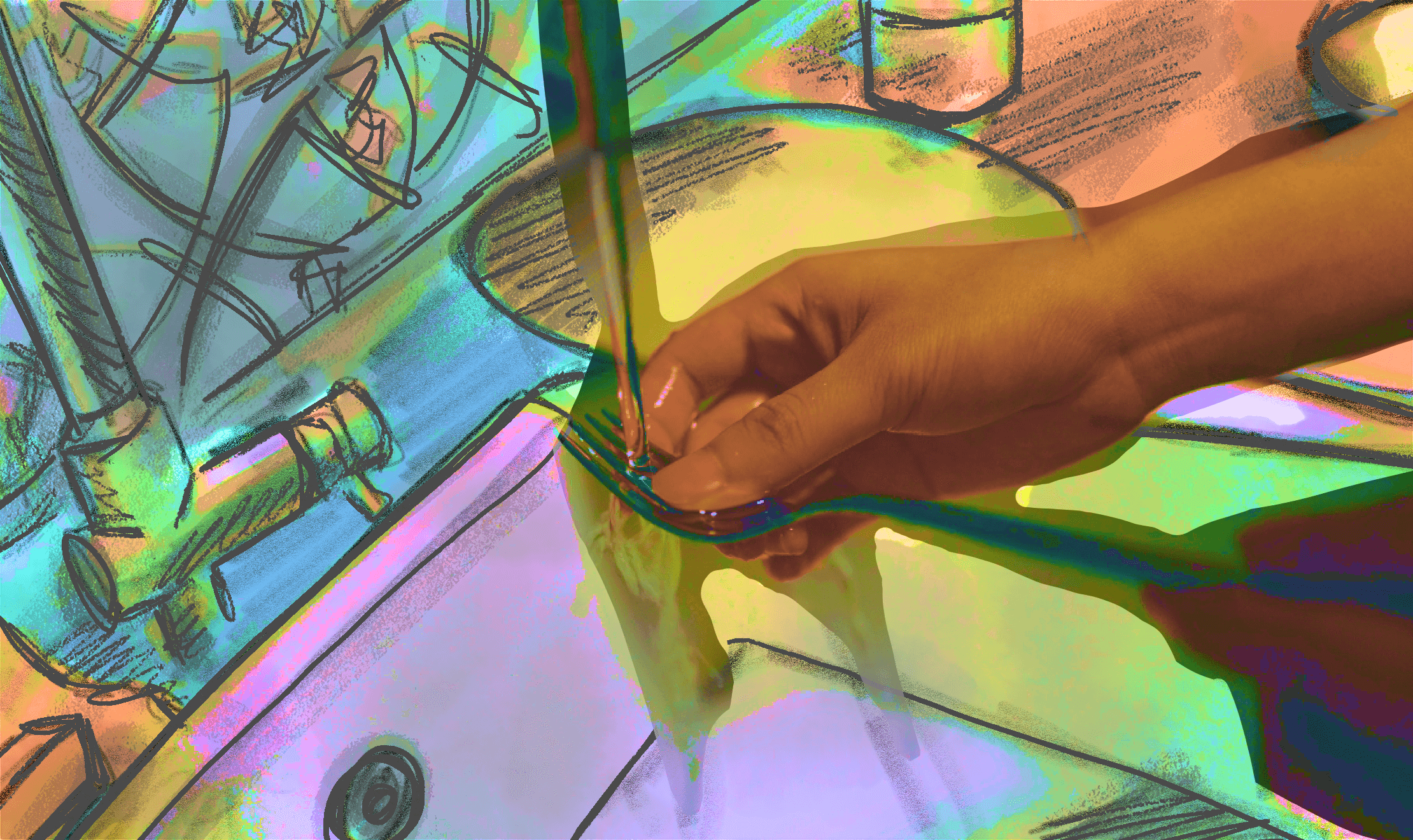
As many women of colour know, we get called ‘exotic’ once in a while. “Ooh, you’re so EXOTIC!” Hmm. This is usually meant as a compliment.
I’ll admit right now that sometimes I play up my Indianness and possibly even “exoticise” myself. I’m cool with that – it’s just part of my “diasporic strategies for cross-cultural navigation” tool kit. But, my “exoticising” myself doesn’t give you permission to exoticise me, whether you are white or another person of colour.
When you exoticise me, you are assuming dominance over me. I’m exotic to you because you are assumed as usual, normal, or non-exotic. I become an unusual, abnormal, exoticised other, which makes me question what a ‘usual’ looks like.
When you label me exotic, the dominant culture, with its homogeneous beauty standards, is thus consecrated as normal. I am, consequently, not normal. This is a micro-aggression, because I am normal. I’ve been to India, and I’ve experienced what it feels like to be surrounded by my sisters of colour. I’ve experienced what it feels like to be a brown drop in an ocean of brown women who look like me, who share my skin tone, who share my features, my hair, my body, my language, my songs, my clothes and my essence.
I’ve looked at the dictionary definitions of exotic. Not that I trust some of these dictionaries with their ethnocentric bias and descriptions (my kids can’t believe that I think even dictionaries are problematic: “Mum, you think EVERYTHING’S racist!” My response:“Well, we’re living in a white supremacist society. It most probably is.”)
Exotic is defined as follows:
“Originating in, or characteristic of, a distant foreign country.”
Calling me “exotic” is a racist micro-aggression – an everyday slight, put-down, invalidation or indignity targeted towards a marginalised racial group/s.
Exotic is not a word regularly used to describe humans. It’s used to describe fruits, flowers and animals. Think about that a little before you use it to describe me.
I’m not a tropical bird, nor am I a rare fruit. I’m the product of the negative economic effects of colonialism and imperialism (namely the theft of capital and resources) on my Motherland and on its diaspora. I’m the product of my ancestors’ toil. I am enough as I am. I’m exhausted from being othered. I’m either ignored by white men, or exoticised. I’m either invisible or highly visible. Sometimes I’d just like a middle way.
So back to the definitions. Here’s another that I found:
“Of foreign origin or character; not native; introduced from abroad but not fully acclimatized or naturalized.”
I hope that I don’t need to explain how offensive this is. Next time, instead of calling me exotic, try saying to me “You’re so ‘of foreign origin, not native, introduced from abroad but not fully acclimatized or naturalized’,” and see how that sounds.
See how uncomfortable that is? I feel it. When you call me exotic, I’m reduced to a thing, not a person, human, or a product of multiple migrations between India, Kenya and England, but just a brown other in a sea of whiteness. I’m exotic when compared to the norm which, of course, is white. But I don’t want to be compared to a norm. I want to be myself independently; I want to be seen for who I am. I want you to see past this exotic ‘otherness’ to get to the core of my true beauty, which would be beautiful whatever skin or body this spirit was inhabiting.
Another definition:
“Unusual and exciting because coming (or seeming to come) from far away, especially a tropical country.”
Being unusual is something I know well. Having oil in my hair at school and white kids teasing me about it because it was unusual. Having unusual Indian food in my lunchbox. Having a mum who spoke an unusual language to me on the playground. Having a brown family who not only looked unusual (different to the ‘norm’) but also acted differently. Living in a house that smelled unusual. Being a teenager with so many unusual restrictions compared to my white peers. Being an adult who still has to regulate certain aspects of her behaviour in certain places so as not to reflect badly on family, much to the confusion of my current peers.
Oh yes, I know unusual. ‘Unusual’ has followed me around my whole life, and when I try to shake it off, it joins forces with ‘foreign’ and, sometimes, ‘exotic’.
I don’t care if you find my unusualness exciting, I don’t need to hear you label me as that.
I don’t like you telling me I look like ‘a Bollywood actress’. Do you tell white women that they look like ‘a Hollywood actress’ as a compliment? Just call me beautiful – that’s much easier.
When you call me exotic, I feel devalued and I feel invalidated. When you call me exotic, you don’t see me. You just get excited by this rich brown skin, this long black hair, these Indian features, this bling jewellery and these colourful clothes.
It could be any brown body wearing this rich brown skin, this long black hair, these Indian features, this bling jewellery and these colourful clothes, and you would feel just as excited.
When you call me exotic, I wonder if you have a fetish for brown girls. I wonder if any brown girl would do. It makes me feel less special, less loved and less beautiful.
When you call me exotic, you’re pointing out the fact that I’m not white and, at the same time devaluing my beauty, as you find me beautiful because I’m ‘other’. So, white is seen as neutral and what of women of colour? We’re automatically othered.
When you call me exotic, what is inside me doesn’t matter anymore. What is inside me is dead to you. What matters is what is outside me. And I don’t need to be reminded of that because I live with the beauty and the pain that my brown skin brings every day.
When you call me exotic, I try to ignore it, I try to cultivate compassion and I try to let it go. But I’m aware that it uses up my energy, and I want to expend my energy in other ways, not just on coping with micro-aggressions, such as being called ‘exotic’. I tell myself I shouldn’t be bothered by it; I tell myself that there are more important things to deal with. But the reality within my body is that such experiences leave a residue within me that I have to work at getting rid of.
Please think twice before you call anyone ‘exotic’ again. I’ll end with a poem I wrote a few months ago:
Everyday racist micro-aggressions
Don’t think for a moment
That I’m not bothered by it.
Each time I choose not to speak out
A piece of my heart dies
and I will never get it back.








